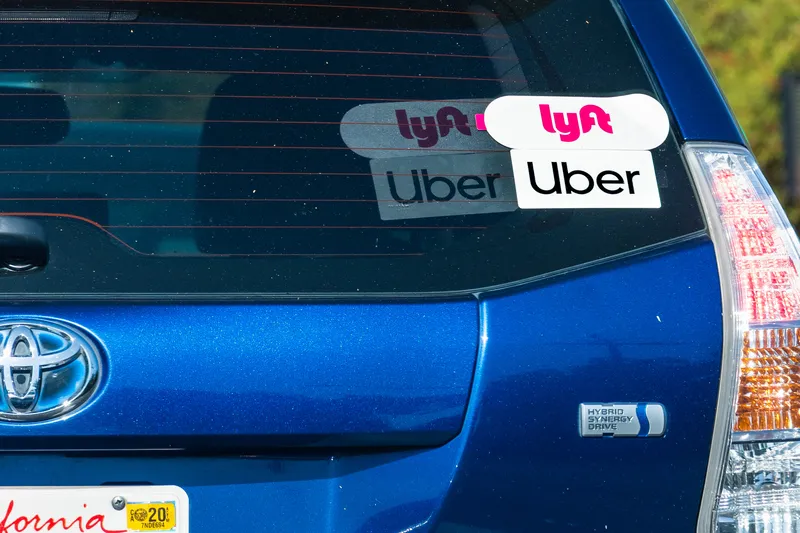SharedStreets is funded by the Bloomberg Philanthropies consortium. Its aim is to make it easier for the private sector to work with cities around the world and utilise data to improve mobility.
According to Ford, the partnership provides mayors with access to road traffic data which will help them to make better planning and investment decisions on the run-up to shared and autonomous mobility. Also, the agreement’s stated aim is to provide a common standard for sharing data across all cities.
This public-private partnership came out of a collaboration with the National Association of City Transportation Officials (NACTO), Bloomberg Philanthropies and the Open Transport Partnership.
Ford says it will develop a universal data standard which will allow cities to responsibly price and manage curb space in real-time. Also, cities and companies will be able to use this ‘pricing mechanism’ to encourage sustainable transportation choices, reallocate road space and reduce carbon emissions.
Jim Hackett, president and CEO, Ford, says: “Collaborating through initiatives such as SharedStreets will enable us to use vehicles, road systems and data together to create a new roadmap for mobility.”
Uber will release vehicle speed data to help cities identify the locations of speeding and dangerous driving. The speed will be included in the company’s open-source geospatial analysis tool Kepler.gl.
Dara Khosrowshahi, CEO of Uber, says the company can support cities in areas such as data sharing, urban planning research, funding for non-profits and the introduction of electric bikes.
Lyft will provide a framework for sharing curbside pick-up and drop-off counts and help develop a model for providing aggregated curbside usage data. This model is expected to allow city leaders to understand where for-hire vehicle trips are in the highest demand, so they can reduce congestion.
John Zimmer, president and co-founder of Lyft, says: “We are committed to partnering with cities and data-driven decision-making to design streets that provide safe and accessible transportation for everyone.”
Ford, Uber and Lyft to share data through SharedStreets
Ford, Uber and Lyft will make data sets available on the SharedStreets platform in a bid to help cities and mobility companies manage congestion, cut greenhouse gases and reduce crashes. The commitment was announced at the second annual Bloomberg Global Business Forum in New York.
SharedStreets is funded by the Bloomberg Philanthropies consortium. Its aim is to make it easier for the private sector to work with cities around the world and utilise data to improve mobility.
According to Ford, the partn
October 3, 2018
Read time: 2 mins








